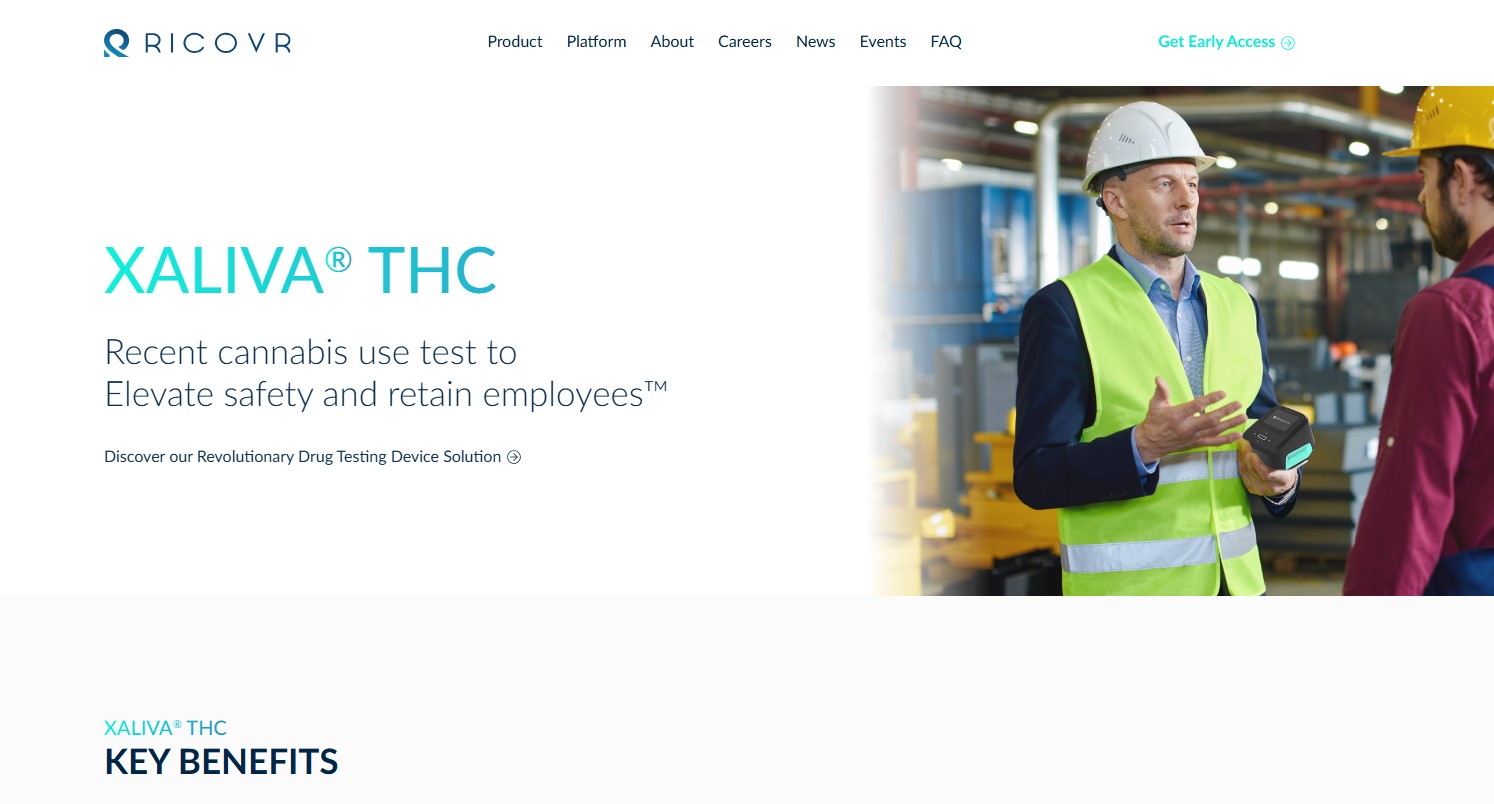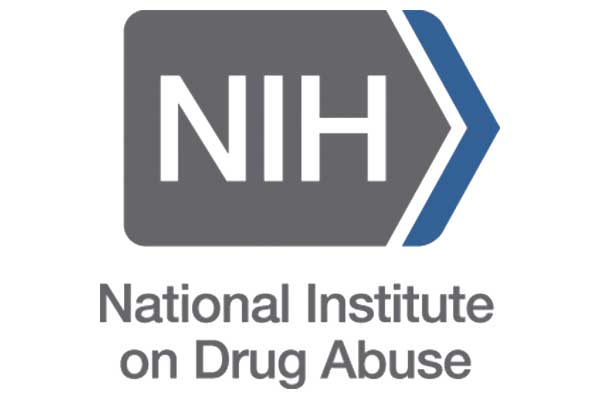Modernizing HR Policy amid Cannabis Legalization

Employers should modernize their policies to reflect cannabis legalization, addressing potential risks from workplace use, clearly communicating policies to employees, ensuring legal compliance, and providing support to employees struggling with cannabis addiction.
Legalization of marijuana in the U.S.
The legalization of cannabis (THC) has brought about significant changes and risks to various industries across the U.S. With more states legalizing the use of cannabis for medical (38 states) and recreational purposes (22 states), HR policies must be modernized to reflect these changes. This article will explore and encourage HR and executive leaders to update their policies to accommodate the changing cannabis landscape.
Firstly, it is essential to understand the different types of cannabis use. Medical cannabis use is when an individual uses cannabis for medicinal purposes under the recommendation of a healthcare provider. Recreational cannabis use is when an individual uses cannabis for non-medical purposes, typically for personal enjoyment. State employment protection laws may vary based on medical vs. recreational use.
HR policies need to address risks from workplace cannabis use.
It is best practice to routinely update HR policies to address the potential risks associated with workplace cannabis use, such as impaired driving or operation of equipment, decreased productivity, and other safety risks. Workplace cannabis use is not acceptable, whether medical or recreational, especially in safety-sensitive environments. An employer can be held legally responsible for accidents, injuries, and damages due to an employee being under the influence of cannabis (THC) during work hours. 34% of employees reported seeing fellow workers use cannabis during work hours, according to a National Safety Council study. (1) Drug testing policies should be reviewed and revised to ensure they are fair and non-discriminatory, focusing on recent cannabis use rather than past cannabis use.
The optimal method for detecting recent cannabis use on-site is with saliva-based rapid testing. Saliva testing is highly accurate, as it can detect recent cannabis use within the past 12 hours or less, depending on the THC cut-off level. (2) This provides the optimal detection length to provide fairness to responsible cannabis users and maintain workplace safety. Saliva testing is the only method with a window of detection that begins after use and lasts for the entire THC window of impairment or workday. Employers must have clear policies on drug testing, including the type of test used, the frequency of testing, and the consequences of a positive test result.
Policy changes should be communicated to employees
It is also crucial to ensure that employees are aware of the company’s policies on cannabis use. HR policies should be communicated to employees, emphasizing the consequences of violating the policies. Employers should provide training to employees on the potential risks associated with cannabis use and how to recognize impairment in themselves and others.
Legal compliance & liability concerns
Additionally, employers must be aware of the legal implications of cannabis use to ensure compliance with local and federal laws regarding cannabis use. Employers must also ensure that their policies do not violate the Americans with Disabilities Act (ADA), which prohibits discrimination against individuals with disabilities. It is important to note that the (ADA) requires employers to make reasonable accommodations for qualified workers with disabilities. “The act does not protect illegal drug use, though it does afford some protections. Marijuana is an illegal drug under federal law, with no exceptions for medicinal use, so its use is not protected under the ADA.” (3).
Employee support for substance use disorder
Finally, company HR policies should have sections where they provide support for employees who may be struggling with cannabis use. For example, employers can offer employee assistance programs (EAPs) or counseling services to help employees who may be struggling with cannabis. According to the CDC, 3 in 10 people who use marijuana have marijuana use disorder, meaning that they are unable to stop using marijuana even though it is causing health and social problems in their lives. (4)
In conclusion, cannabis legalization has brought about significant changes to HR policies. Employers must modernize their policies to reflect these changes, addressing potential risks from workplace use, clearly communicating policies to employees, ensuring legal compliance, and providing support to employees struggling with cannabis addiction. By modernizing their HR policies, employers can create a safe and supportive workplace for all employees, including those who use cannabis. For more information on drug testing policy and the Rivor Healthcare Policy Council, please see the article Why I Started the Workplace Cannabis Policy Council.
Sources:
- https://www.nsc.org/getmedia/d00188d1-97c1-4898-a176-33561270a8fc/survey.pdf
- https://link.springer.com/article/10.1007/s00216-013-7159-8
- https://www.shrm.org/resourcesandtools/legal-and-compliance/state-and-local-updates/pages/state-disability-laws-medical-marijuana.aspx
- https://www.cdc.gov/dotw/marijuana-use/index.html



